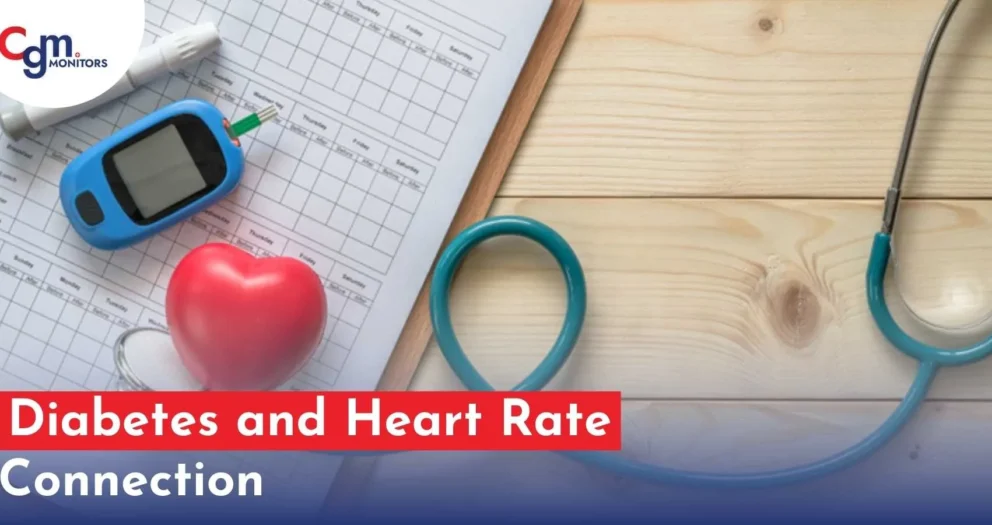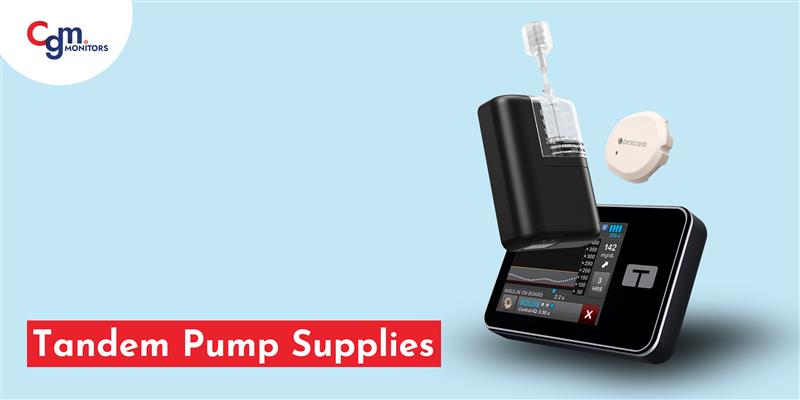If you’ve ever been told that you have glycosuria, or if you’ve seen sugar listed in a urine test, you might be wondering what that means for your health. Glycosuria is the presence of glucose (sugar) in the urine, and it’s a condition that can point to various underlying issues. In this blog, we’ll dive into what glycosuria is, its causes, and what you can do if you or someone you know is experiencing it.
What Is Glycosuria?
Glycosuria occurs when glucose, a type of sugar, is found in the urine. Under normal circumstances, your kidneys filter glucose out of the blood, but they usually reabsorb it back into the bloodstream. When blood glucose levels exceed the kidneys’ ability to reabsorb it, the excess glucose spills into the urine.
Causes of Glycosuria
Diabetes Mellitus:
The most common cause of glycosuria is diabetes mellitus. In people with diabetes, high blood sugar levels can overwhelm the kidneys’ ability to reabsorb glucose. This is often the first sign that someone might have uncontrolled diabetes.
Renal Glycosuria:
This is a rare condition where glucose appears in the urine despite normal blood sugar levels. It’s caused by a genetic mutation that affects the kidney’s ability to reabsorb glucose properly.
Hormonal Disorders:
Conditions such as Cushing’s syndrome or hyperthyroidism can lead to elevated blood sugar levels, which might result in glycosuria.
Pregnancy:
During pregnancy, some women may experience gestational diabetes or transient glycosuria due to hormonal changes affecting blood sugar control.
Diet and Medications:
High sugar intake or certain medications, like corticosteroids, can also lead to glycosuria.
Symptoms and Diagnosis
Glycosuria itself may not cause symptoms, but its underlying causes might. Common symptoms associated with diabetes or high blood sugar include:
Increased thirst
- Frequent urination
- Fatigue
- Unexplained weight loss
Diagnosis typically involves a urine test that detects glucose. If glycosuria is found, further tests may be conducted to determine the underlying cause, such as blood glucose tests, kidney function tests, or hormonal assessments.
Managing Glycosuria
Managing glycosuria largely depends on addressing its underlying cause:
For Diabetes:
Effective management of diabetes involves monitoring blood glucose levels continuously with CGM Devices that are available on our website https://cgmmonitors.com/ at reasonable prices. Also, follow a balanced diet, exercise regularly, and take prescribed medications. Keeping blood sugar levels within the target range can help prevent glycosuria.
For Renal Glycosuria:
Since it’s a genetic condition, treatment focuses on managing symptoms and monitoring kidney function. Regular follow-ups with a healthcare provider are essential.
For Hormonal Disorders:
Treatment will involve addressing the specific hormonal imbalance with medications or other interventions prescribed by an endocrinologist.
During Pregnancy:
Regular prenatal care and monitoring blood sugar levels can help manage glycosuria and prevent complications.
Diet and Medications:
Adjusting your diet to reduce sugar intake and reviewing your medications with your healthcare provider can also help manage glycosuria.
Conclusion
Glycosuria can be a sign of various health conditions, from diabetes to hormonal disorders. If you find out you have glycosuria, it’s important to work with your healthcare provider to determine the underlying cause and develop an appropriate treatment plan. Regular monitoring and proactive management are key to maintaining good health and preventing complications.
If you have any concerns about glycosuria or your overall health, don’t hesitate to seek professional medical advice. Your health is worth it!













Write a comment
Your email address will not be published. All fields are required